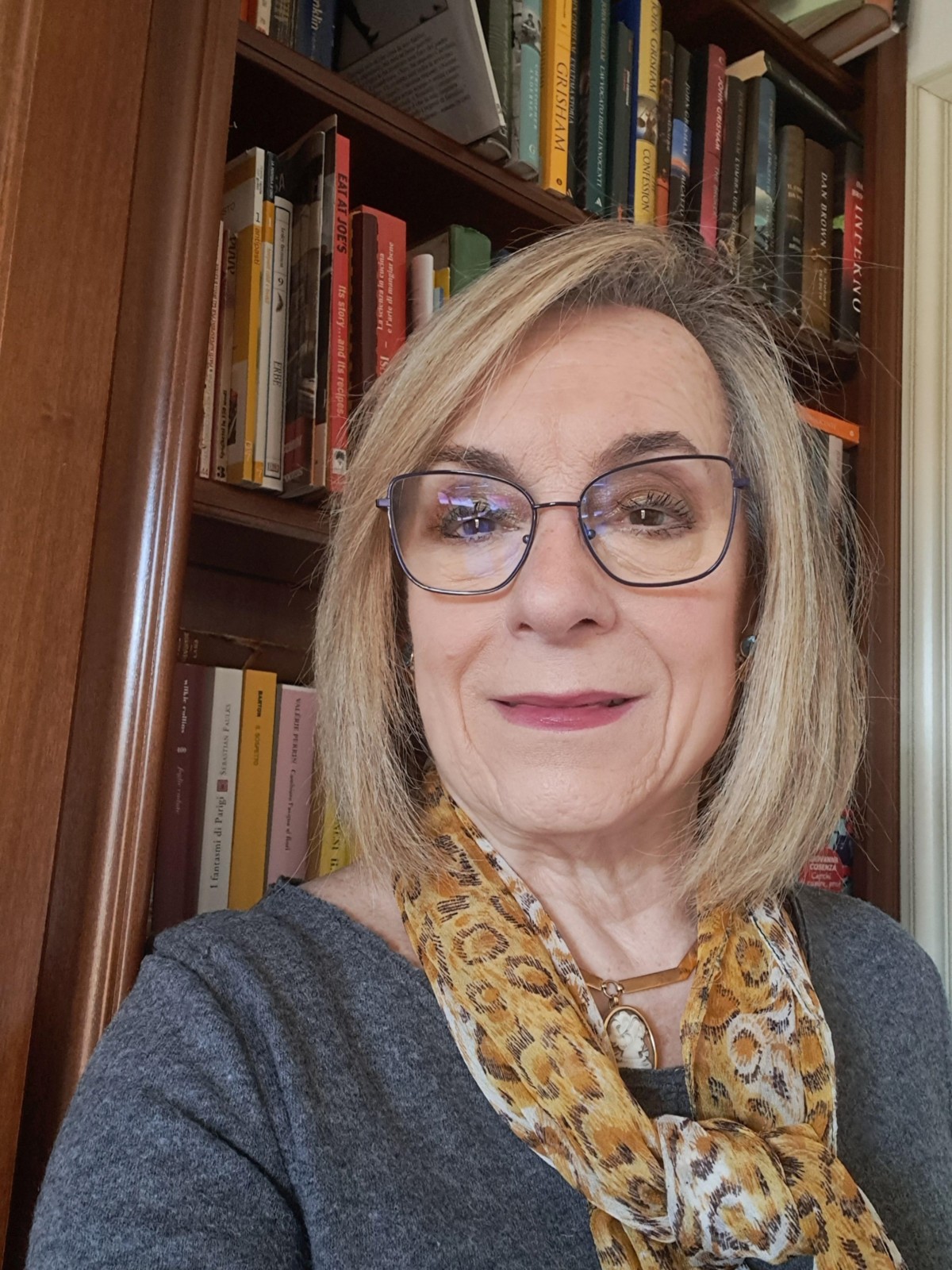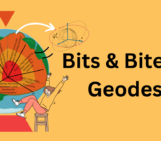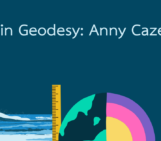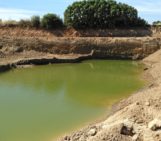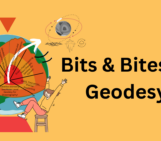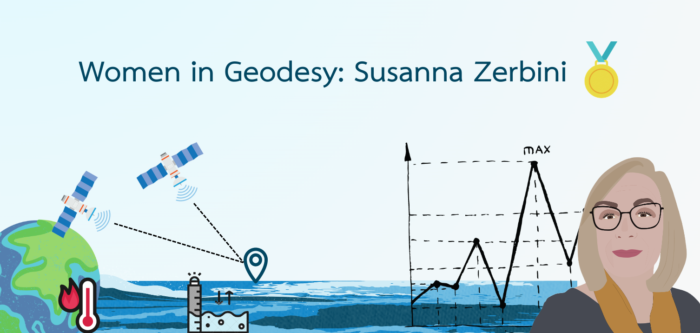
In the past weeks and months, we have introduced you to famous female geodesists who won the Vening Meinesz medal of the EGU Geodesy division. This week we turn our eyes to Susanna Zerbini, who was awarded with the Vening Meinesz medal in 2009 for her important work at the interface of geodesy and geodynamics using space geodetic techniques. Having this in mind, we were curious to find out what she thought about herself being a woman in science and we are glad that she contributed to this series.
Would you like to share your thoughts about what being a woman in science means to you?
Although historically women had to overcome many societal boundaries, I believe that science is one challenging environment where women can more easily overcome potential discriminations. Scientists, no matter whether men or women, have the privilege to freely choose subjects of their own interest on which to work by applying their talents. Anyhow, it is recognized that a problem exists with the smaller number of young women approaching STEM disciplines when compared to that of men students. In this regard, I always tried to motivate women students to develop their capabilities and scientific interests.
Was there an influential woman in your life (both inside the family and outside the family) who impacted you in a way to become a scientist?
No. After completing classical high school studies (including Latin and Greek languages), which were an important educational experience, I decided to turn my interest to science. When I was a university student in physics, I had the opportunity to take a course in geodesy and learn about earth science studies made possible by measurements acquired by the early space geodetic techniques. This subject captured my interest and I choose to focus my research work in this field.
You’re one of the Vening-Meinesz medalists. We would like to hear a bit about your studies and what’s coming next.
Although retired from the University of Bologna, I have continued to teach and to keep my research interests alive. At present, I am working to rescuing and analyzing sea-level data from tide gauges located in the Adriatic Sea for climate change impact studies. I work at comparing long-period time series of GPS heights and gravity data acquired at the Medicina station to identify and interpret variations/changes in light of changing climate. I am also devoting time to the local organization of the 2025 Scientific Assembly of IAG in Rimini.
Can you give us some names of women in science (dead or alive) who inspire you?
I am not sure that the verb “inspire” correctly describes my feelings about women in science. It is obvious that scientists like Marie Curie represent a guiding light for any woman but also Laura Bassi who, during the second half of 1700, was the first woman to hold a university professorship in experimental physics. During the past many years of work, I had the opportunity and pleasure to meet and collaborate with women colleagues and I like to mention that I very much esteem Anny Cazenave not only for her scientific achievements but also for her attitude towards open and effective collaboration.
What message do you want to pass on to women and girls who want to pursue a career in science, more specifically in geodesy? Maybe a comment on how we can make science more accessible to young women and girls?
To increase the number of young women applying to STEM disciplines is important. Girls should be educated to be self confident. Leading roles are now accessible to women both on Earth and in Space: why not you? Science disciplines play a key role in designing the future. Girls you should be willing to be part of it and contribute to challenging developments with your skills and strength! Among earth sciences, Geodesy now offers plenty of opportunities to get involved with monitoring evolution and changes of the different components of the earth’s system. Gender balance must be a clear objective. To achieve it, continuous support and commitment of institutions/Academia is necessary.
We would like to thank Susanna for devoting her time to answer our questions.
And we are not done yet with our female Vening-Meinesz medalists, and we are looking forward to present you more interviews soon …
PS: Interested to know who Vening Meinesz was then read our blog post about him here.

